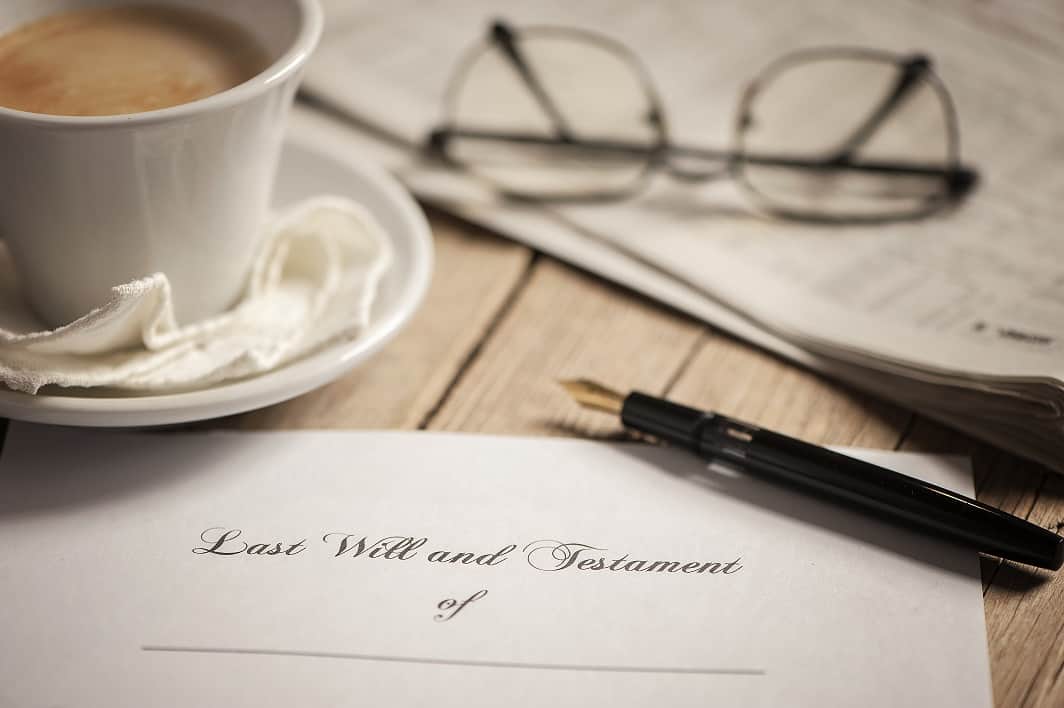Deeds of Variation pay for themselves, often, hundreds of times over and are an effective, tax saving tool which are undervalued and underutilised.
What Is A Deeds Of Variation?
Deeds of Variation are useful documents that allow you to pass some or all of an inheritance that you have received on to someone else, and the new recipient of the inheritance will be treated as if they inherited it from the deceased directly. This can provide a significant tax advantage. Provided the variation is completed within two years of the date of death, the inheritance tax and capital gains tax position will be altered to follow the variation, preventing the same gift being taxed twice if the original benefiting person were to die within 7 years of making the gift.
When Are Deeds Of Variation Used?
The most common instance where a deed of variation is used is when a client inherits from, for example, their parents. If they do not need the money, and keeping it might make them more susceptible in the future to paying care fees or inheritance tax on their death, they may prefer that it be given to their children to use to buy their first house or to help with university fees. If they make the gift to their children directly, they need to wait 7 years before that gift ceases being liable to inheritance tax. By completing a Deed of Variation, the liability to inheritance tax ceases immediately and prevents the estate being taxed again on their death, helping to reduce or eliminate a capital gain.
How Can Healys Help?
Healys are proficient in explaining and demonstrating the tax position you face and will be able to explain to you the best way to structure the variation to save you paying any more tax than you have to. Deeds of Variation pay for themselves, often, hundreds of times over and are an effective, tax saving tool which are undervalued and underutilised.




